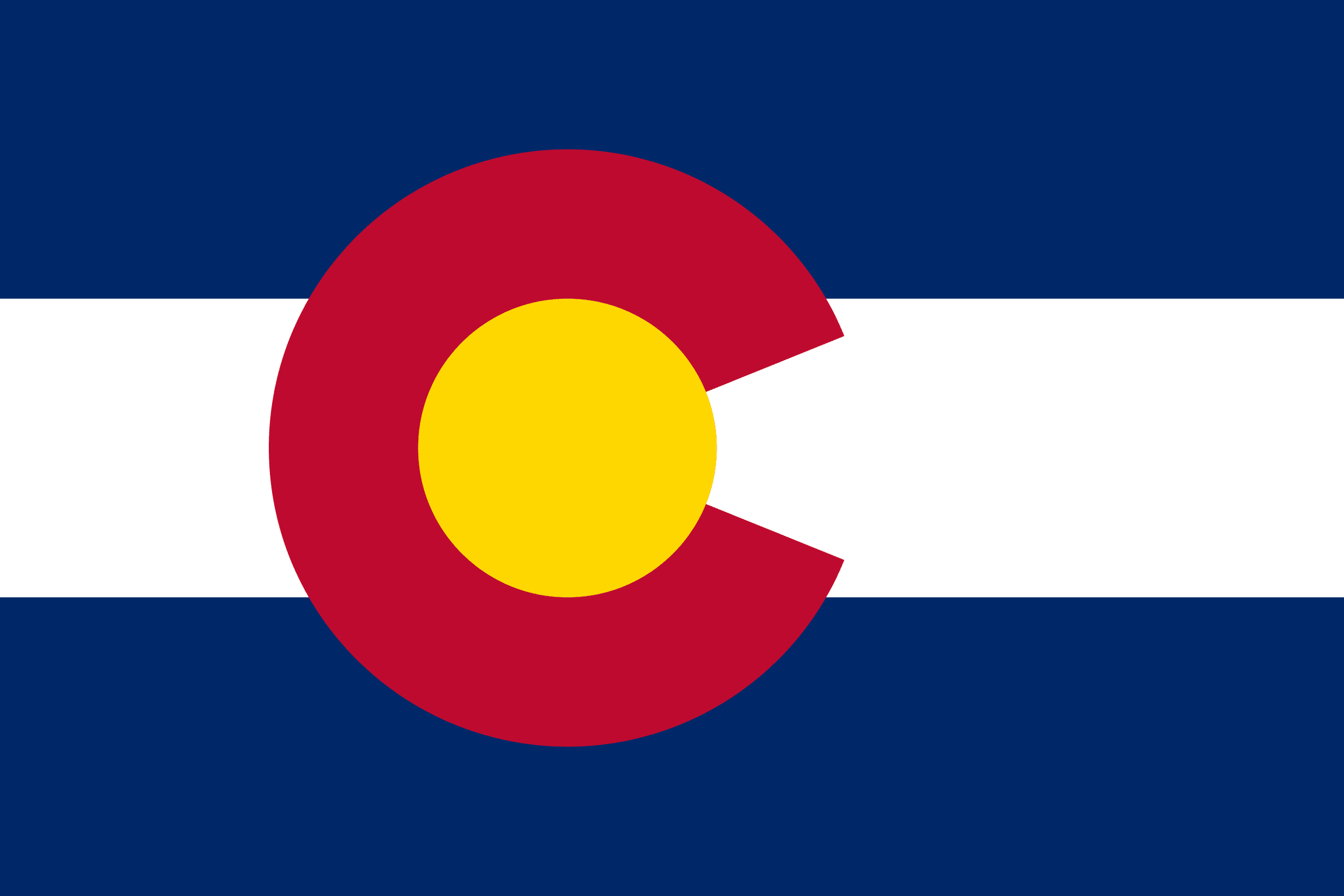Discover the process of transferring a car title after a death in Colorado. Learn about the necessary steps and legal requirements for handling vehicle ownership in estate settlement.
Understanding the Importance of Transferring a Car Title After Death
When a loved one passes away, dealing with the legal aspects of their estate can be overwhelming. One crucial aspect to consider is the transfer of ownership for any vehicles they owned. In Colorado, the process of transferring a car title after someone dies is a necessary step to ensure the proper handling of the deceased individual’s assets.
Gathering Essential Documents
Before initiating the car title transfer process, it is important to gather all the essential documents required for the procedure. These documents typically include:
-
Death certificate of the deceased individual
-
Vehicle title
-
Will or estate documents
-
Personal identification
Initiating the Title Transfer Process
Once you have gathered all the necessary documents, you can begin the process of transferring the car title. The following steps outline the procedure:
-
Complete the title transfer form: Fill out the necessary information on the title transfer form, including details about the deceased individual and the new owner.
-
Submit required documents: Along with the completed form, submit the death certificate, vehicle title, and any other relevant documents to the Colorado Department of Revenue.
-
Pay transfer fees: There may be fees associated with transferring the car title, so be prepared to make the required payments.
-
Wait for approval: Once you have submitted all the documents and fees, wait for the transfer to be approved by the relevant authorities.
Legal Requirements for Car Title Transfer in Colorado
It is essential to understand the legal requirements for transferring a car title after someone dies in Colorado. Failure to comply with these requirements can lead to delays or complications in the estate settlement process.
Probate Process
In many cases, the transfer of a car title after death may need to go through the probate process. This legal procedure involves validating the deceased individual’s will, appointing an executor, and distributing assets according to the will or state laws.
Executor’s Responsibilities
If the deceased individual had appointed an executor in their will, the executor is responsible for overseeing the transfer of the car title. The executor must ensure that all legal requirements are met and that the title is transferred to the rightful heir or beneficiary.
Final Steps in Car Title Transfer
After completing the necessary paperwork and meeting all legal requirements, the final steps in transferring a car title involve:
-
Updating vehicle registration: Once the title transfer is approved, update the vehicle registration with the new owner’s information.
-
Obtaining new title: The new owner will receive a new title reflecting their ownership of the vehicle.
Ensuring a Smooth Title Transfer Process
By following the correct procedures and meeting all legal requirements, you can ensure a smooth title transfer process after someone dies in Colorado. It is essential to stay organized, gather all necessary documents, and comply with the state’s regulations to avoid any delays or complications.
Buried in Work’s Additional Resources
Buried in Work provides Colorado state-specific service provider directories and information related to estate preparation, end-of-life tasks, and estate transition information. Click here to learn more.
If you have feedback, questions, or ideas for future articles or Information Hubs, please contact us. Your insights help us create valuable content.


